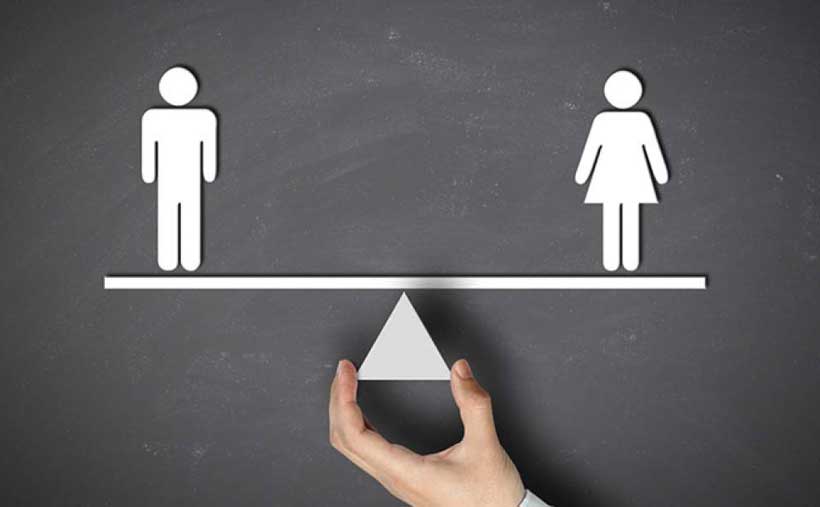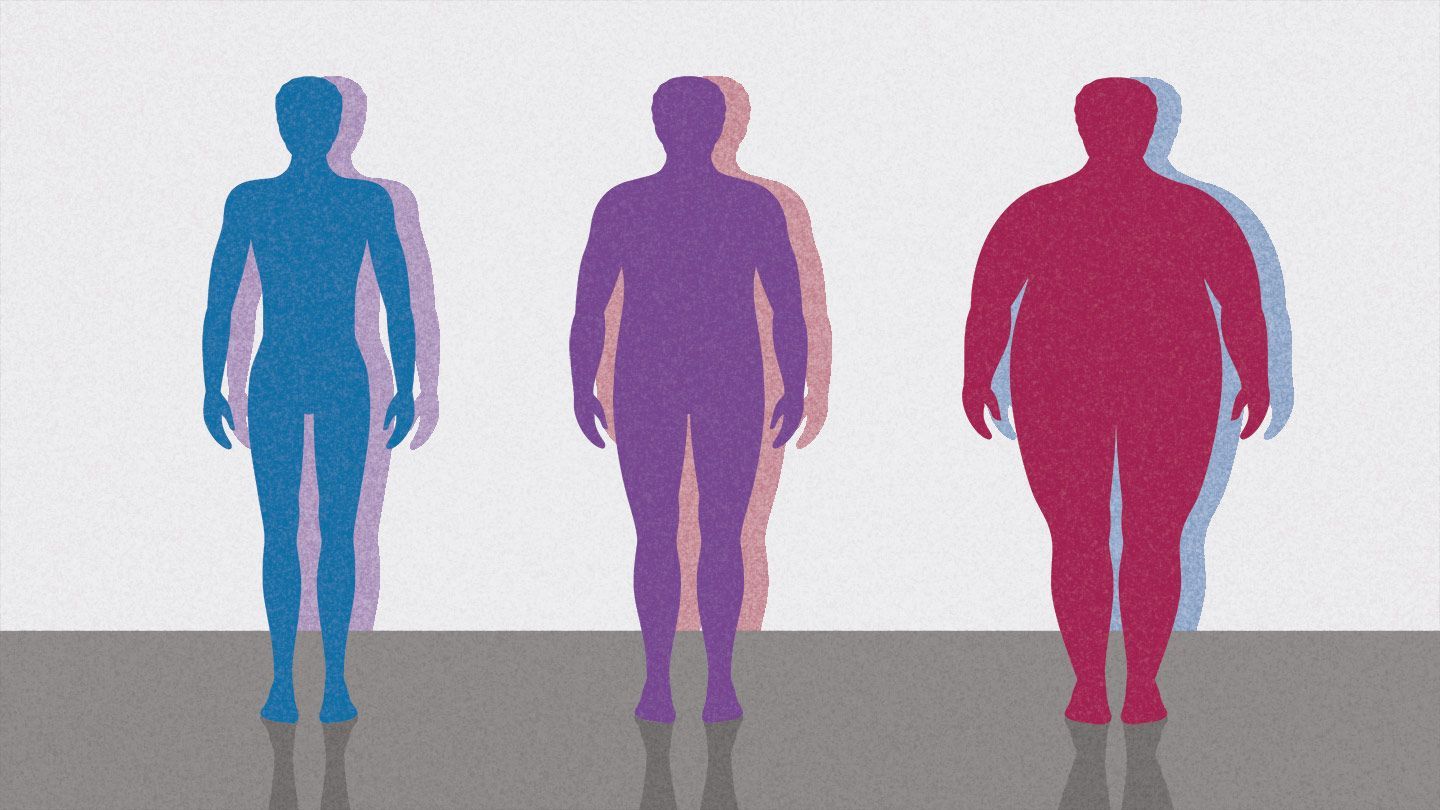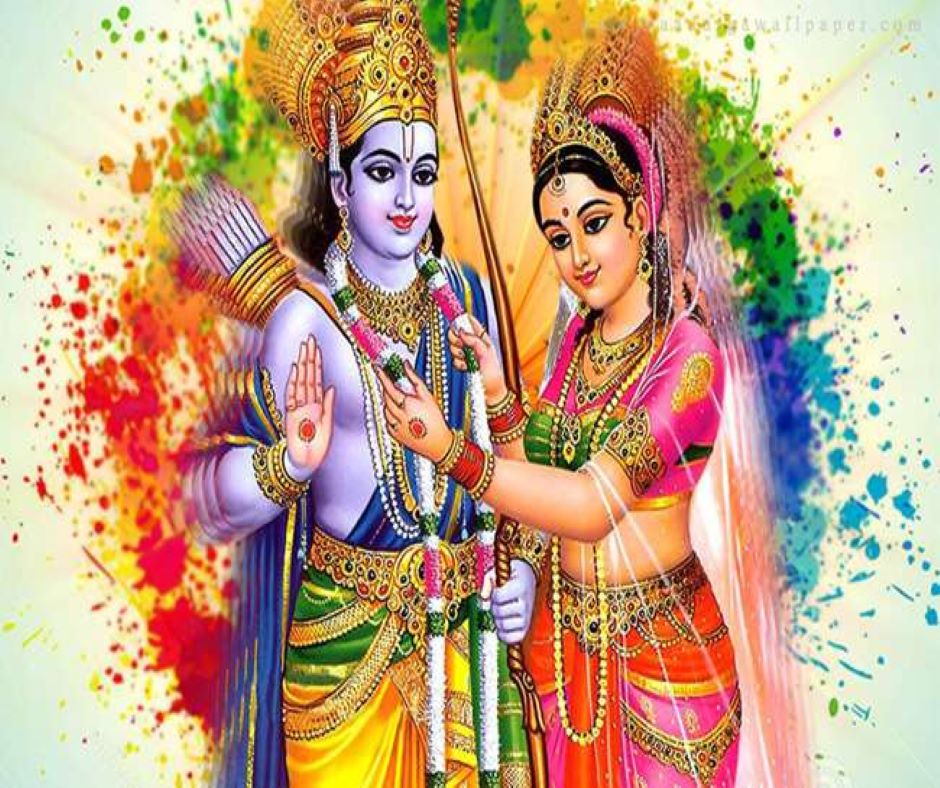Nepal sees improvements on gender equality

Kathmandu - Women's access and political participation in state machineries have gradually increased, yet their economic, educational and health status is not satisfactory.
Highlighting improvements on gender equality indicators, Joint Secretary at Ministry of Labour, Employment, Women, Children and Social Security Radhika Aryal said gender discrimination in primary education has almost reduced to zero.
Women's access to higher education and employment has also improved, she said, adding that around 45 per cent women are engaged in the professional works drawing remuneration.
In the similar vein, politically around 42 per cent women representatives have been elected in local levels while there is roughtly 33 per cent each representation in federal and provincial tiers of governance, which is high in the Asia Pacific region.
Joint Secreatry Aryal further noted that there is gradual rise in women's access to financial resources of late. According to the recent government data, around 26 per cent women have ownership on land and house.
Despite these achievements, the prevalence of gender base discrimination, violence, traditional practices and social taboos have been impediments to the attainment of gender equality in Nepal.
Gender expert and emeritus professor Dr Chandra Bhadra said though latest progress in the area of gender equality was positive, we had still a long way to go meet the goal. "Women rights activists and advocates need to continuously prod the people at the policy making and decision-making levels to see improvement in the women status. Despite Nepal's achievement in the political empowerment of women, it needs to do a lot to ensure women's empowerment in economic, educational and health sectors by narrowing down a huge gender gap."
According to the World Economic Forum's 'The Global Gender Gap Report 2017 ', Nepal is in the 111th position among 144 countries regarding their progress towards gender parity across four thematic dimensions. They are economic participation and opportunity, educational attainment, health and survival and political empowerment.
Though the Nepal's constitution has guaranteed women's rights, its implementation side is not encouraging. The local level election held last year brought around 42 per cent women to the leadership at the local level. The guarantee of 33 per cent women participation at the province and central level through the adoption of principle of proportional representation system has been viewed as a positive practice by the international community.
Meanwhile, the 108th International Women's Day has been marked in Nepal by organizing different programmes with the theme of “Time is Now: Rural and urban activists transforming women's lives”.
Vice President Nanda Bahadur Pun inaugurated a formal programme organized by the Main Organizing Committee in the capital city Thursday and stressed the need for unity in the making of an equitable society by ending gender discrimination.
The Vice President said concerned bodies should play active role to end gender based violence and make gender equality sustainable and strong.
Likewise, Minister for Labour, Employment, Women, Children and Social Security Thammaya Thapa said that women's access should be increased in the state sponsored opportunities by eradicating the gender based violence and atrocities women facing.
Similarly, Secretary at the Ministry Naindra Prasad Upadhyay said that women targeted programmes are in handover stage to the local levels.





_xV7Nu83QVL_9N6EdE6YWG.webp)



_CLkmZfElth.jpg)
Leave Comment